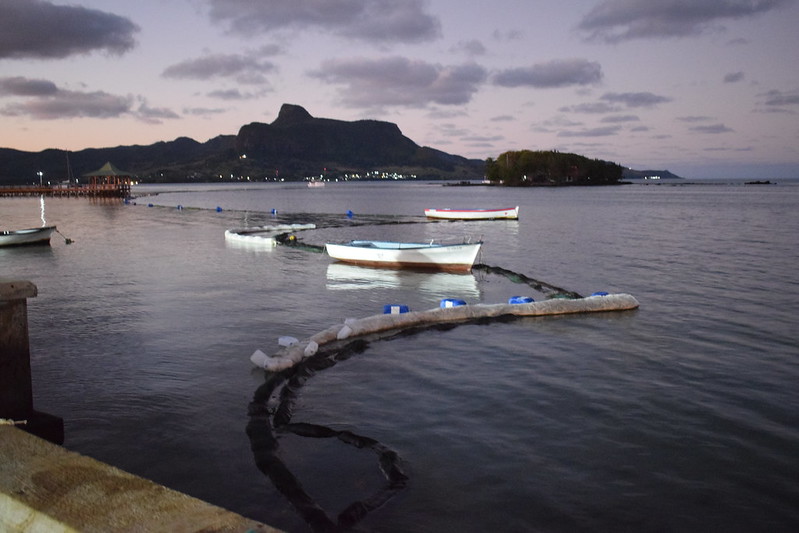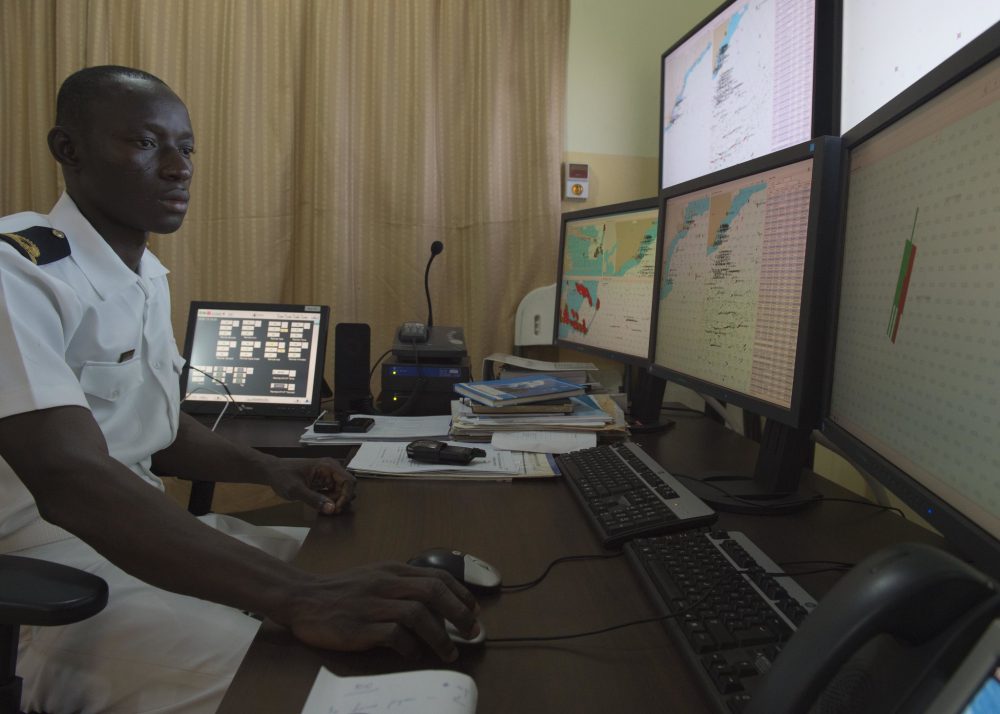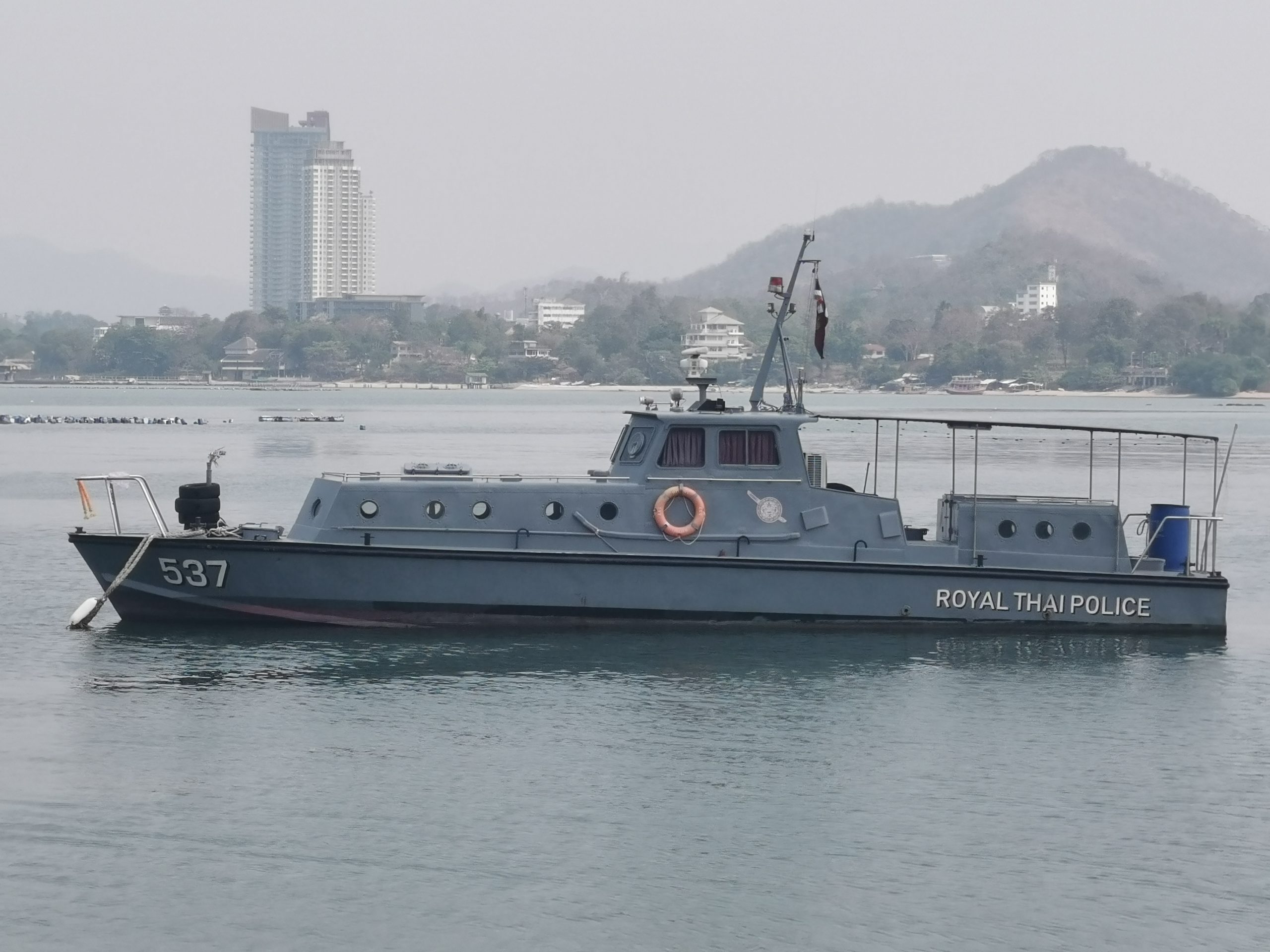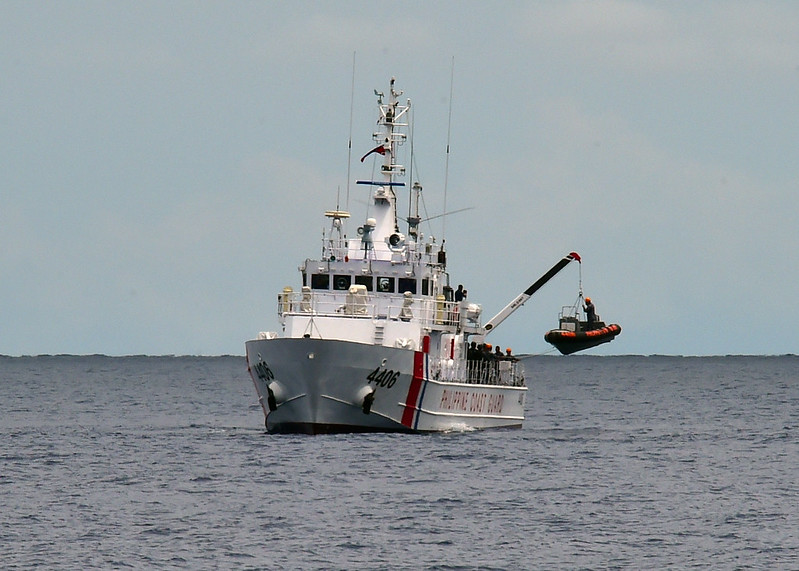Safeseas Research Associate Scott Edwards recently had the opportunity to access insights from Thailand’s Maritime Enforcement Command Center (ThaiMECC). Previously the Maritime Enforcement Coordination Centre, the change of name is indicative of a new intended direction for the agency. ThaiMECC provides a new noteworthy example of Maritime Domain Awareness, which the Safeseas Best Practice Toolkit demonstrates is the engine room of maritime security governance.
When it was first established in 1997, ThaiMECC was intended to be a focal point for tackling Thailand’s maritime insecurities – particularly trafficking and illegal fishing. Bringing together the Royal Thai Navy, Fisheries Department, Marine Department, Customs Department, Maritime and Coastal Environment Department, and the Marine Police, the agency sought to make inter-agency coordination more effective through seminars, exercises and information-sharing.
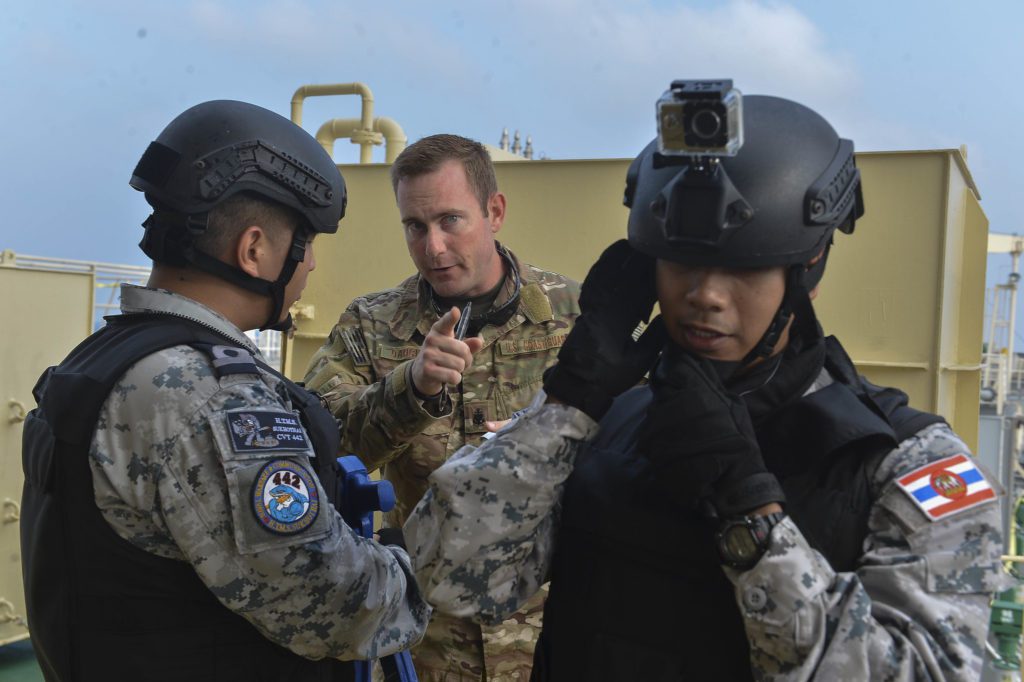
The backbone of ThaiMECC (in both its previous and current incarnation) is the Maritime Information Sharing Centre (MISC). MISC not only gathers and collates information from the different agencies’ information platforms, but also has a staff tasked with analysis, evaluation and dissemination in order to increase Maritime Domain Awareness.

